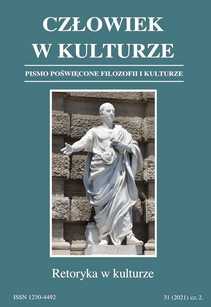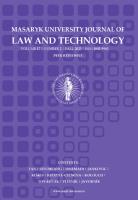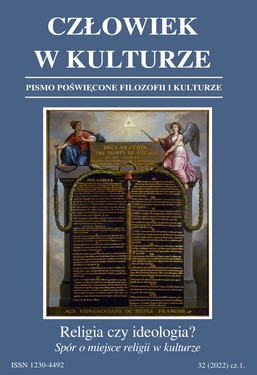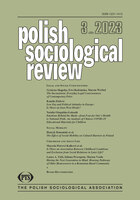
The Rhetoric of Indoctrination: Cultural Marxist Propaganda in American Schools
The Rhetoric of Indoctrination: Cultural Marxist Propaganda in American Schools
Keywords: university; American education; propaganda; culture; Marxism; social transformation;
The author of this article argues that the last few generations in American universities have been subjected to a not-so-silent form of cultural Marxism. This practice was in line with Antonio Gramsci's early twentieth century call to undertake a "long march through institutions." Rather than encouraging outright, violent revolution (á la the Bolshevik uprising of 1917), he proposed a gradual takeover of political, cultural, and economic institutions. The university, because of its power to educate and influence future professionals, is a key tool for this transformation of society, a transformation that first seeks to change the civil society, customs, traditions, and habits of people who are historically unregulated by government. This generally sets the pattern by which much of the education in the classroom follows. First, the professor encourages students to doubt the values they have received from their parents and the rest of civil society, and second, the professor deconstructs Western Civilization. The author shows what role propaganda plays in these actions.
More...


